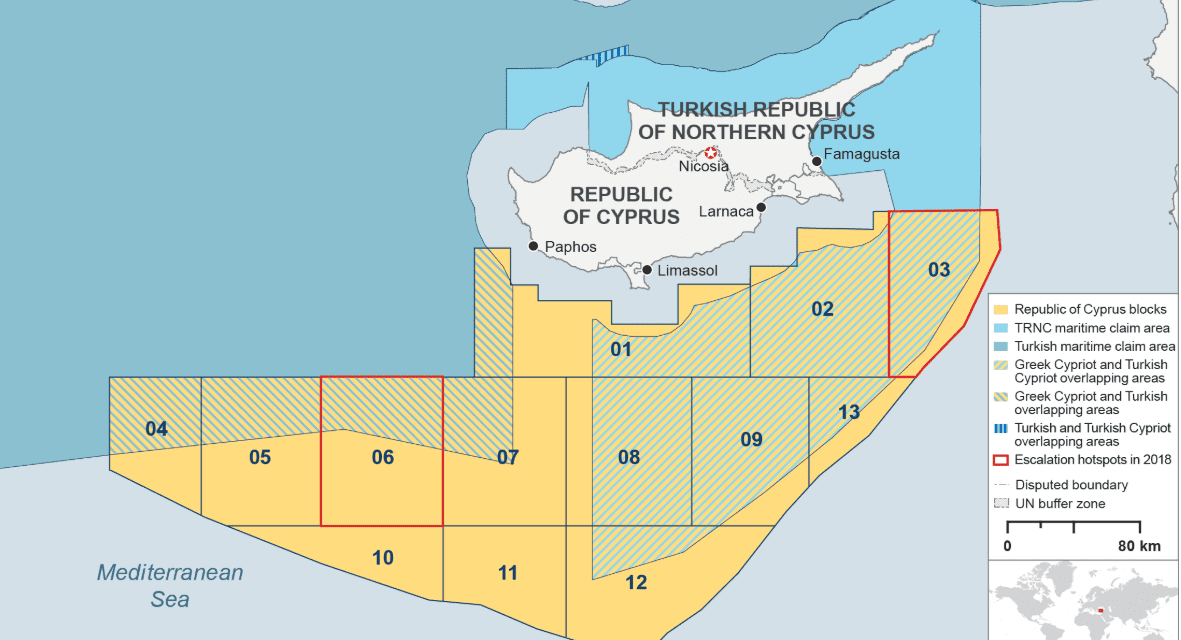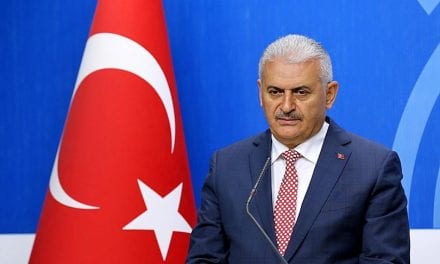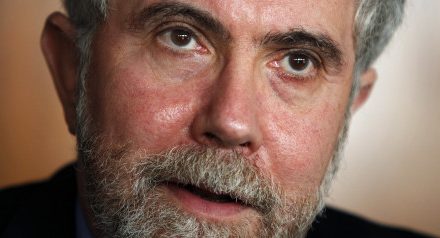By Ahval
Turkey could meet its own energy demand and position itself as a hub for European markets, though its tensions with neighbours stand in the way, said an analysis for the German Marshall Fund (GMF) of the United States.
This year, ExxonMobil discovered the third-largest natural gas resources off the south coast of Cyprus and regional players, not including Turkey, gathered in Cairo to establish a regional energy association.
“These developments confirm that energy issues will play a bigger role in the new regional dynamics and that several protagonists will be competing to exploit these newly discovered resources,” Kadri Tastan, a senior fellow in GMF’s Brussels office, wrote on Monday.
“Turkey is in a strong strategic position vis-à-vis energy markets and suppliers,” said Tastan, pointing to the TurkStream project with Russia, the Transanatolian Pipeline(TANAP) with Azerbaijan, and the East Anatolia gas-transmission line with Iran. “Turkey also has the potential and ambition not only to secure its own energy demand, but also to position itself as an energy hub for European markets.”
Turkey faces obstacles, including its dependence on Russian and Iranian gas imports and an expected increase in demand, according to Tastan, who says Ankara urgently needs to find other sources.
This is why the recent discovery off Cyprus, and the fact that a pipeline via Turkey would be the most efficient route to Europe, present a welcome opportunity for Turkey and other regional countries, said Tastan.
The main sticking block could be the Cyprus conflict. The exploration and drilling of gas reserves off Cyprus is a highly contentious topic between the Republic of Cyprus and Turkey, which is the only country to recognise the breakaway Turkish Republic of Northern Cyprus.
Cyprus has divided the area it claims in its exclusive economic zone into 13 blocks, the rights to drill in which have provoked high interest due to the potential for huge gas discoveries. Turkey has made claims to parts of Cyprus blocks 1, 4, 6 and 7. ExxonMobil made its discovery in block 10.
“Let those who come to the region from far away, and their companies, see that nothing can be done in that region without us. Nothing can be done in the Mediterranean without Turkey; we will not allow it,” Turkish Foreign Minister Mevlüt Çavuşoğlu said in February.
European Union countries have expressed their support for Nicosia, as has Egypt, which has been working with Italy to help build Cyprus’ gas infrastructure. The EU is considering bypassing Turkey with an expensive pipeline through Crete or transporting gas to Egypt before rerouting back to Europe.
“Turkey is the most cost-efficient export route for an offshore pipeline that can carry these resources from the region to the Europe,” said Tastan. “Nevertheless, Turkey’s current conflictual relations with almost all the countries concerned by the resources, such as the Republic of Cyprus, Greece, Israel, and Egypt, appear likely to prevent it from playing this role and becoming the region’s main energy hub.”



















